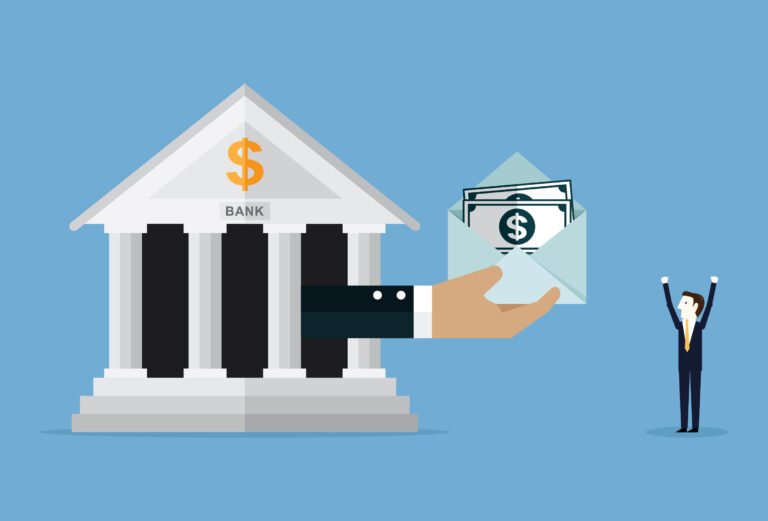We Deal in Lending segment as Well
We offer lending services to individuals and Businesses across Various banks & NBFC's throughout the entire lending process.
Education Loan
Education Loans Are Designed To Help Students Pursue Their Academic Goals, Whether It Be At The Undergraduate Or Postgraduate Level, In India Or Abroad.
The Eligibility Criteria For Education Loans May Vary Slightly From Bank To Bank, But In General, The Applicant Should Be An Indian Citizen, Have Secured Admission To A Recognized Educational Institution, And Have A Co-Applicant (Such As A Parent Or Guardian) Who Can Provide Collateral Or A Guarantee For The Loan.
The Loan Amount, Interest Rates, And Repayment Terms May Also Vary Depending On The Bank And The Specific Loan Product. It Is Advisable For Students Choose The One That Suits Their Needs
Overall, Education Loans Are Easily Accessible Through Us And Can Be A Helpful Tool For Students To Finance Their Higher Education Aspirations.
Car Loan
A Car loan is a type of loan that enables an individual to purchase a car without having to pay the full price upfront. The borrower is required to repay the loan amount along with interest over a fixed period of time, usually ranging from 1 to 7 years.
When Applying for a car loan, the borrower is required to provide details of the car they intend to purchase along with their income and employment details. The bank or financial institution will assess the borrower’s creditworthiness and determine the loan amount, interest rate, and repayment terms based on their assessment.
The interest rates on car loans vary depending on the borrower’s credit score, the loan amount, and the repayment period.
After the loan is approved, It is important for the borrower to make timely payments to avoid any late payment penalties or damage to their credit score.
Overall, a car loan can be a useful tool for individuals who want to purchase a car but do not have the full amount of money upfront.
Experts in Home Loans

A home loan, also known as a housing loan, is a type of secured loan that enables individuals to purchase a home by borrowing money from a lender such as a bank or financial institution. The property being purchased is used as collateral for the loan, meaning that the lender has the right to seize the property if the borrower fails to make timely repayments.
Home loans typically have a long repayment tenure of up to 30 years and come with a fixed or floating interest rate. Fixed-rate home loans have a fixed interest rate throughout the loan tenure, while floating rate home loans have a variable interest rate that changes with market conditions.
The amount that can be borrowed through a home loan depends on several factors such as the borrower’s income, credit score, age, and the value of the property being purchased. Borrowers are required to make a down payment on the property, which typically ranges from 10% to 20% of the property value, with the remainder being financed through the home loan.
loan Against Properity
A loan against property is a type of secured loan that enables individuals to borrow money by pledging their property as collateral. The loan amount is typically a percentage of the property’s market value and can range from a few lakhs to crores of rupees, depending on the value of the property. The interest rates on loan against property tend to be lower than other unsecured loans because the lender has the security of the property as collateral.
The borrower is required to repay the loan in regular installments over the loan tenure, which can range from a few years to several years. Failure to repay the loan can result in the lender seizing the property and selling it to recover the outstanding loan amount.
Loan against property is a popular financing option for individuals who need funds for a variety of reasons, including but not limited to, financing education, medical expenses, business expansion, and debt consolidation. However, it’s important to carefully consider the risks involved before taking a loan against property and ensure that you can afford to make timely repayments to avoid the risk of losing your property.
Credit Cards
Credit cards can be exceptionally valuable when utilized wisely. Their primary advantage lies in convenience; they provide a seamless way to make purchases in-store or online, eliminating the need to carry cash.
However, their benefits extend beyond convenience. One of the most advantageous uses is for building and improving credit history. Responsible use, characterized by making timely payments.
Responsible repayment and on-time payments contribute to an improved credit score, enabling better loan terms in the future. Additionally, maximizing rewards programs,
Our Banking Partners
















































